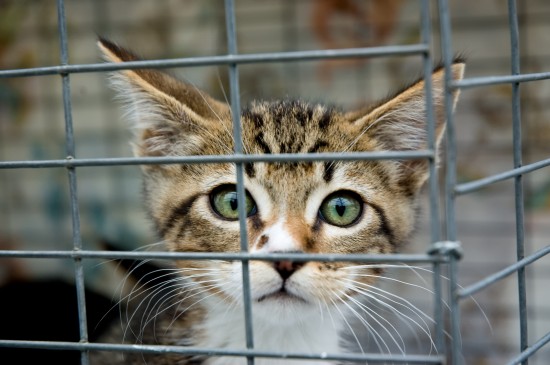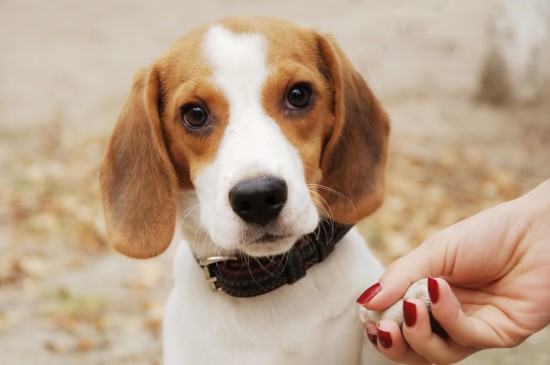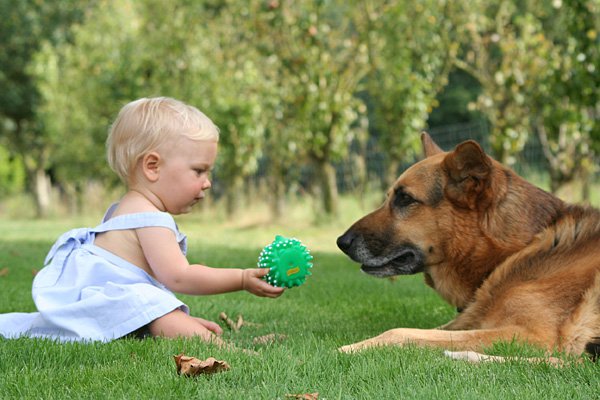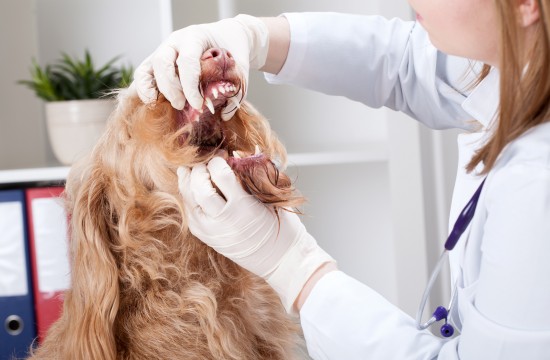

Most cats don't readily welcome change, and when you go away on holiday they would usually prefer to stay at home with someone to pop in and feed them a couple of times a day, or better still, with someone to stay in the house with them. But this often isn't practical, and your thoughts will turn to other options available - and probably a good boarding cattery will be near the top of your list, especially as you will then have peace of mind that your cat won't go wandering in your absence or get hurt when nobody is there. However, a cattery may not be a viable option if you have 'entire' breeding cats, and many cattery owners won't accept them as they are often very noisy and might upset the other guests, and a male cat will also probably spray, which would be unsettling for his neighbours.
So where do you start looking for a cattery, and how do you choose the right one for you? There are a number of criteria to bear in mind when you are choosing the right one to look after your beloved pet in your absence. You will find a variety of catteries advertised online and in directories such as Yellow Pages, and your Vet may be able to recommend one or friends may know of a good one locally, and these may well be extremely good. The Feline Advisory Bureau (FAB) publishes a list of 'approved' catteries on their website, all of which have been inspected to a very high standard by the FAB, as well as being run by people who have been trained in cattery management by the FAB themselves - there's a lot more to running a commercial cattery than just feeding the feline guests regularly and cleaning their litter trays!
However good a recommendation, you should always visit a cattery (and chat to the owner or manager), and have a good look at the type of accommodation your cat would have before actually making a booking. Before you visit, check that the establishment has been licensed by the local authority, and then ask to see the certificate issued by the Environmental Health department when you arrive. Try and make contact with the cattery and plan your initial visit as far ahead of your holiday as possible - good catteries always get booked up very quickly. You may want to check if the cattery you have chosen also takes dogs - if they do, and your cat is not used to dogs, they could be rather intimidated by the sound of barking. And don't forget to ask for the boarding charges when you first make contact!
When you make your initial visit (or even when you ring up beforehand), the cattery owner should make it clear that they will wish to see an up-to-date vaccination certificate when you board your cat - this should be against cat flu and feline infectious enteritis (also known as panleukopenia). If this isn't mentioned, or you ask and are told it isn't necessary, thank them for their time and look elsewhere!
The best catteries have 'chalets' with an indoor sleeping compartment, together with a run attached so that your cat can have room to play or maybe sit on a shelf and look at its new surroundings. There should be a gap of at least half a metre between the chalets to prevent cross-infection with cats from other households, and there will usually be a mesh-covered corridor along the length of the chalet block for the owner to walk along as well as serving as a safety barriers for any guests who might be looking for an opportune moment to make a bid for freedom. The mesh corridor will also provide a throughput of fresh air to help disperse any germs, although of course the sleeping quarters themselves should be fully enclosed with a source of heat for chilly nights or generally inclement weather.
The only cats sharing a chalet should be those from the same household, but if you have two or more cats that don't get on particularly well at home, they certainly won't become best mates at a cattery and you should book separate chalets for them, but ideally next door to each other. Some catteries have larger chalets designed for cats from larger households, although even in most luxurious of these, four cats to a chalet should be enough - and you will need to tell the cattery owner which of your cats get on well together. Usually there will be a cat flap between the chalet and the run, and so if your cat is not used to one at home, you may need to ask the cattery owner to prop it open during the day. You will also need to look at the sleeping accommodation and if you have an elderly cat, check that they will be able to access it easily without having to jump up. If your cat is not used to a litter tray, it might be as well to introduce them to one before they go on their holidays, so that they know what it is for when they find one in their chalet.
Have a look at the covering on the walls, shelves and floors of each unit, to make sure that they are easily washable, and check that each chalet has its own separate litter scoop - they should not be shared between chalets. It's a good idea to have a look at any other occupied chalets as you pass - you will get a good idea of whether hygiene is of a high standard and that the feline guests look reasonably happy, although they may be missing their owners of course. Catteries often prefer to provide bedding and toys themselves and then they know that no outside germs have been brought in - but check this with your cattery as they may suggest you leave something familiar for your pet.
You should discuss with the cattery owner exactly what your cat likes to eat - if your cat is on a special food that is not easy to find commercially, you may need to take a supply with you. Also check that your cat will be regularly groomed for loose hairs - some catteries may make a small additional charge for longhaired cats whose coats need special attention. And if your cat is on any medication, ensure that the cattery owner is happy to administer this in your absence. You will be asked to provide details of your own Vet, although in the unlikely event of any small problems that might arise in your absence, the cattery Vet will probably be used. You should discuss what action would be taken if your pet were to become seriously ill in your absence, and you will probably be asked to sign an agreement to this effect.
The cattery owner will want your contact details in case of an emergency, and these days a mobile phone will usually be the answer. A good cattery will understand that you will be concerned about your cat(s) whilst you are away, especially if they haven't been boarded out before, and will be very happy for you to ring up during your holiday to check that all is well - but bear in mind the opening hours of the cattery and try to call within these times as cattery owners need rest times too, and don't expect them to chat endless about the entertaining foibles of your pet!
 How To Deal With Cracked Pads & Other Dog Paw Injuries
How To Deal With
How To Deal With Cracked Pads & Other Dog Paw Injuries
How To Deal With
 A Few Things that You Need to Know About Pet Vaccinations
A Few Things that You Need to Know About Pet Vaccinations
A Few Things that You Need to Know About Pet Vaccinations
A Few Things that You Need to Know About Pet Vaccinations
 Understanding The 3 Popular Dog Training Methods
Understanding The
Understanding The 3 Popular Dog Training Methods
Understanding The
 Cats & World Records
Cats & World Reco
Cats & World Records
Cats & World Reco
 What Are Anaerobic Bacterial Infections In Dogs?
What Are Anaerobi
What Are Anaerobic Bacterial Infections In Dogs?
What Are Anaerobi
Copyright © 2005-2016 Pet Information All Rights Reserved
Contact us: www162date@outlook.com